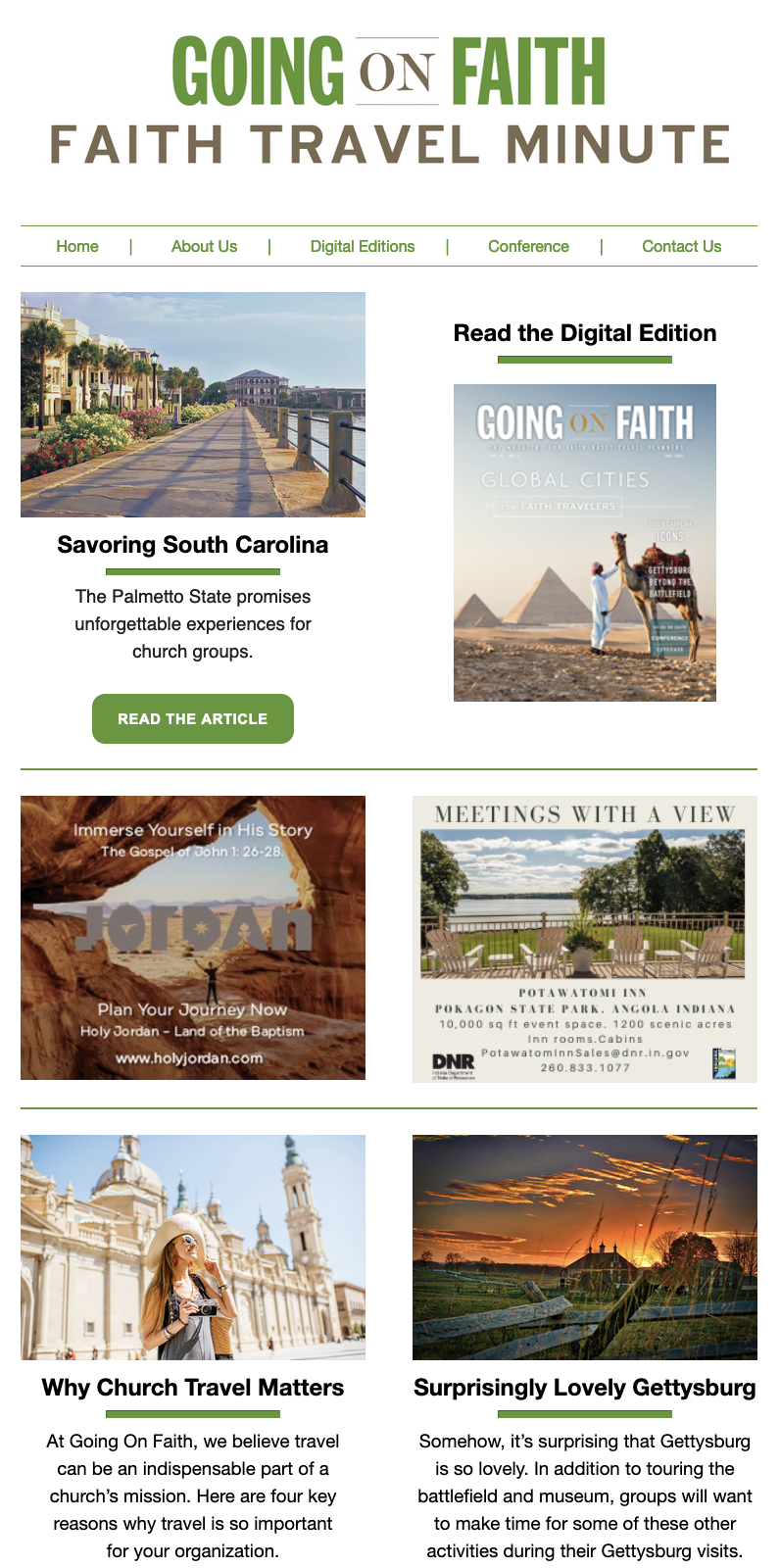Although America’s civil rights movement touched the entire world, no other place in the United States experienced the impact of the movement so powerfully as the Southern states.
Groups traveling in the South can find a historic site where students paved the way for integration in school systems and the first interracial and coeducational college in the South. Expansive museums preserve the history and tell the stories that came from that pivotal period.
Here are some of the best sites to visit in the South to give your group a full picture of the civil rights movement’s storied history.
Freedom Summer Trail
Hattiesburg, Mississippi
In the 1960s, several organizations banned together to form the Council of Federated Organizations and launched a statewide voter registration campaign known as Mississippi Freedom Summer. The goal was to educate African Americans on their rights and get them registered to vote. But the road to voting wasn’t an easy one, and was often fraught with obstacles and opposition.
Comprising 15 historic sites that each add a vital piece to the story behind the civil rights movement in Hattiesburg, the Freedom Summer Trail is an audio driving tour that tells a visual tale of the events that occurred during the Freedom Summer in 1964.
“We have veterans that live here in Hattiesburg, and sometimes they are available to go with the groups to share their private memories and tell them what they remember about these different sites,” said Latoya Norman, general manager at the museums and Visit Hattiesburg. “It’s a great opportunity to go back in the past and remember those that have helped pave the way for equal rights.”
Berea College
Berea, Kentucky
Founded in 1855 as the first interracial and coeducational college in the South, Berea College represents a statement of early diversity and equality in a time before integration and the civil rights movement. Both the college and the town that grew around it were founded on a policy of interspersion, meaning both land and classrooms were divided equally among black and white families, a progressive notion in the pre-Civil War South.
Throughout the years, Berea’s motto has remained the same: “God has made of one blood all peoples of the earth.” Groups visiting the college can take advantage of the free step-on tours offered by the Berea Tourism Commission.
“The college and town are unique in themselves, but we also are home to Boone Tavern,” said Kerri Lee Hensley, assistant director at the Berea Tourism Commission, about the 1909 college guesthouse. “Berea College students work and serve in various capacities in the hotel and restaurant. It is fun to stay and dine in such an exquisite establishment and hosted by the delightful students.”









